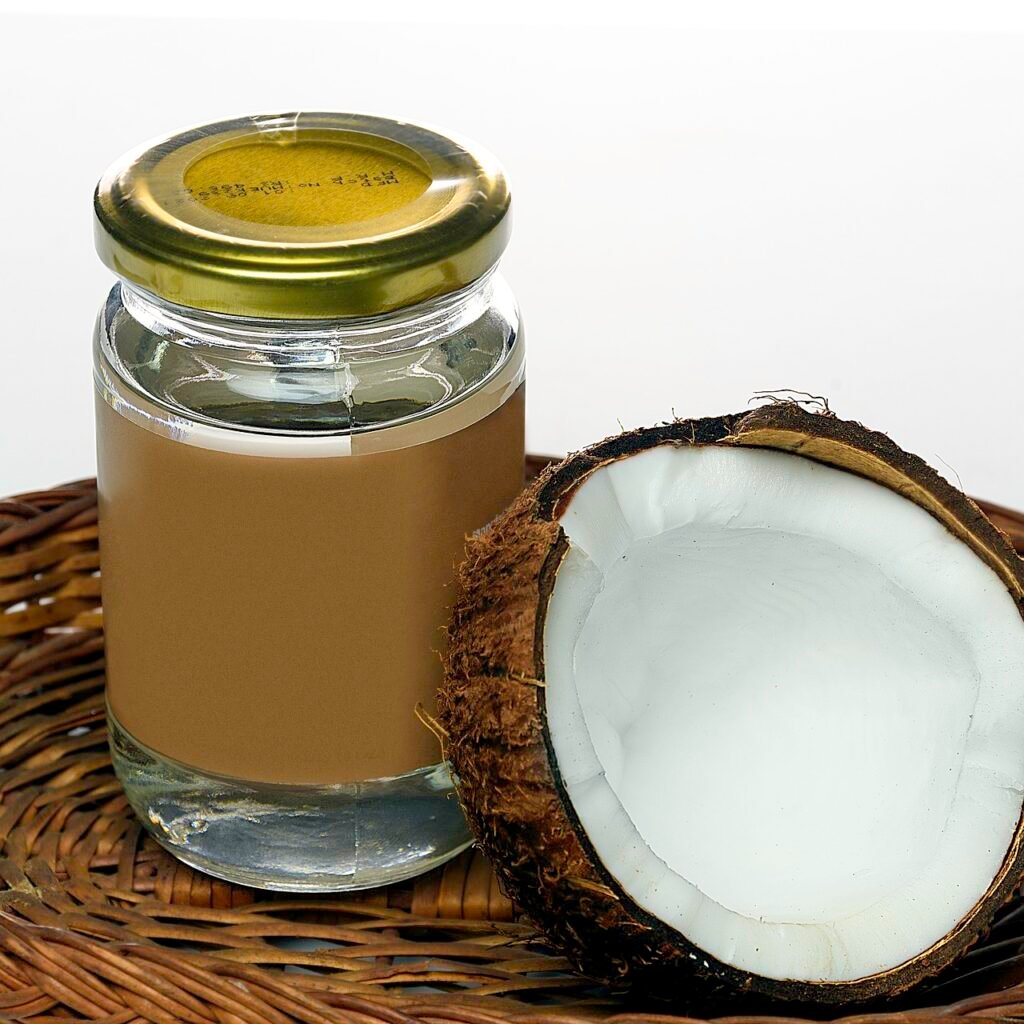Low testosterone chronic fatigue is a silent struggle that many men endure without realizing the root cause. It’s not just about feeling tired—it’s a deep, relentless exhaustion that saps your energy, dampens motivation, and hinders productivity. For men, understanding the link between low testosterone and chronic fatigue is crucial to reclaiming vitality and improving overall health. In this blog post, we’ll explore the connection between these conditions, identify symptoms, and review potential solutions that can help you regain your vigor and zest for life.
The Link Between Low Testosterone and Chronic Fatigue
Testosterone is the primary male hormone, influencing everything from muscle mass to mood. When testosterone levels dip, men may experience a host of symptoms, including fatigue. But why does low testosterone lead to chronic fatigue? The answer lies in the hormone’s role in regulating energy levels. Testosterone impacts how your body produces red blood cells, maintains muscle mass, and metabolizes fat—all essential for sustained energy. Low testosterone disrupts these processes, leading to feelings of persistent tiredness.
Recognizing Symptoms of Low Testosterone Chronic Fatigue
Identifying low testosterone chronic fatigue can be challenging because the symptoms often overlap with other conditions. However, key indicators include:
- Persistent exhaustion: Unlike regular tiredness, this fatigue doesn’t improve with rest or sleep.
- Decreased muscle mass: A noticeable reduction in muscle strength and tone, often accompanied by weight gain.
- Low libido and erectile dysfunction: A declining sex drive and issues with performance.
- Mood swings and irritability: Feeling more anxious, depressed, or irritable than usual.
If you’re experiencing several of these symptoms, it may be time to consider low testosterone as a possible cause of your chronic fatigue.
Combatting Low Testosterone Chronic Fatigue: Natural Approaches
Once you recognize that low testosterone may be behind your chronic fatigue, taking action becomes essential. Here are some natural strategies to boost testosterone levels and alleviate fatigue:
1. Prioritize Sleep Quality
Sleep is when your body produces the most testosterone. Aim for 7-9 hours of quality sleep each night. Create a relaxing bedtime routine, avoid electronics before bed, and keep your sleep environment cool and dark to enhance rest.
2. Exercise Regularly
Regular physical activity, especially strength training, can boost testosterone levels. Focus on exercises like weightlifting, squats, and push-ups, which target large muscle groups and encourage hormone production.
3. Optimize Your Diet
Eating a balanced diet rich in healthy fats, lean proteins, and vegetables can naturally increase testosterone. Foods like eggs, fatty fish, nuts, and leafy greens are particularly beneficial. Avoid processed foods, excessive sugar, and alcohol, which can suppress testosterone production.
H2: Supplementation for Low Testosterone Chronic Fatigue
In some cases, lifestyle changes alone may not be enough to restore testosterone levels. That’s where supplementation comes in. Several natural supplements have shown promise in supporting healthy testosterone levels and reducing fatigue:
1. Vitamin D
Often referred to as the “sunshine vitamin,” vitamin D plays a vital role in testosterone production. Men with low vitamin D levels often have lower testosterone, so supplementing with vitamin D can be an effective way to boost both.
2. Zinc
Zinc is an essential mineral for testosterone production. Men who are deficient in zinc may experience a drop in testosterone levels. Supplementing with zinc can support healthy hormone levels and help combat fatigue.
When to Seek Medical Help
If lifestyle changes and supplementation don’t seem to alleviate your symptoms, it’s essential to consult with a healthcare professional. Chronic fatigue could be a sign of an underlying health condition that requires more targeted treatment. A doctor can perform a blood test to measure your testosterone levels and recommend the appropriate course of action.
Conclusion
Low testosterone chronic fatigue is more than just an inconvenience—it’s a health issue that can significantly impact your quality of life. By understanding the connection and taking proactive steps, you can manage your symptoms and regain your energy. Whether through lifestyle changes, natural supplements, or medical intervention, you don’t have to live with chronic fatigue.
Disclaimer: The information provided on this blog is for general informational purposes only and is not intended as medical advice. Always consult with a qualified healthcare professional before making any decisions regarding your health or starting any new treatments. The content here should not be used to diagnose, treat, or prevent any medical condition. Additionally, please note that this blog is reader-supported. If you click on an affiliate link or advertisement and make a purchase, we may receive a commission at no extra cost to you. This helps us maintain the site and continue providing valuable content.




